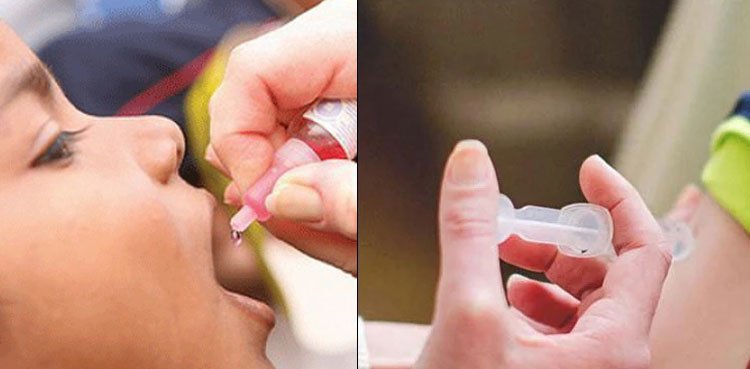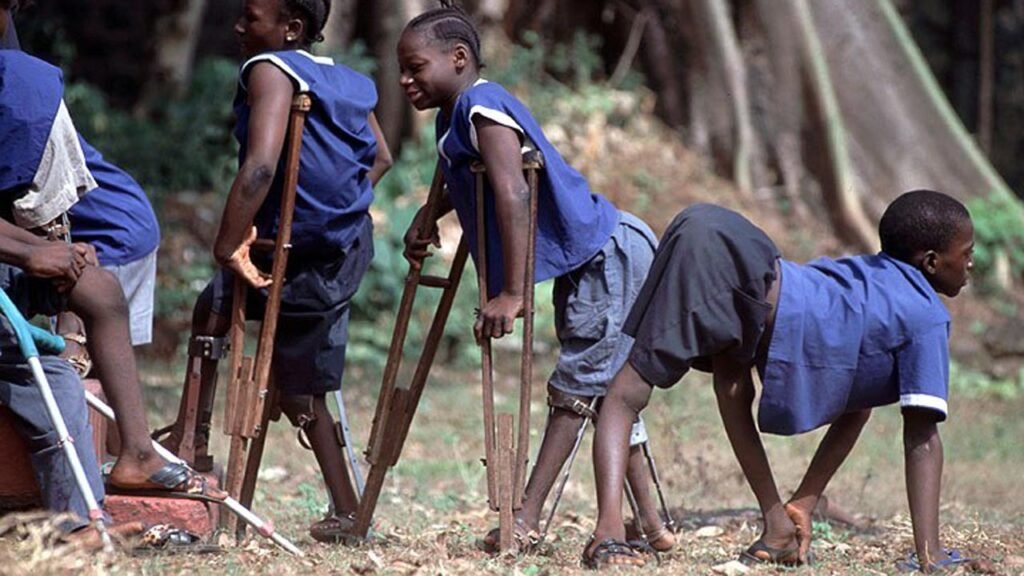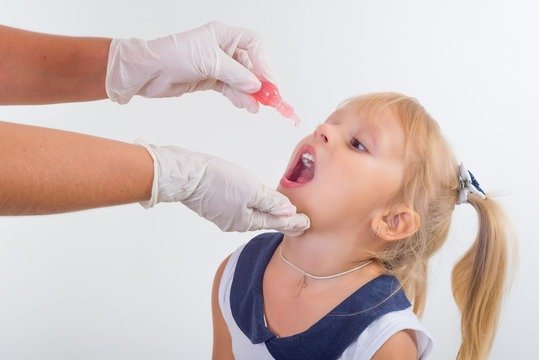
Devoting Time and Energy to Preserving Youth: The Significance of Polio Vaccination

Once upon a time, polio, a debilitating and sometimes fatal virus, devastated communities all across the world. Thankfully, since 1988, the number of cases of polio has decreased by nearly 99% as a result of extensive immunization campaigns. Still, the battle hasn’t ended. Segments of vaccine skepticism and rejection pose a threat to reverse this remarkable advancement, endangering children needlessly.
This blog post examines the important topic of parents who choose not to give their kids polio drops and the possible repercussions of their choices.
A Tragic Effect of Polio

Young children are the main victims of polio, which can cause paralysis, chronic impairment, and even death. Contact with fecal matter that has been infected can spread the virus, frequently through contaminated food or water.
Polio has no known treatment. Vaccination, however, provides reliable and efficient defense. Children can get the polio vaccine easily and painlessly because it is given orally.
Why Would Some Parents Rather Not Get Vaccinated?
Parents may refuse to give their children polio drops for a variety of reasons, most of which are rooted in ignorance and distrust. These are a few typical worries:
- Safety Fears: Parents may be discouraged by unfounded rumors regarding the vaccine’s safety. These worries are frequently stoked by faulty research and false information shared on social media.
- Religious Beliefs: Rarely, certain religious convictions may oppose vaccination. But vaccination is supported by the majority of major religions as a means of preserving public health.
- Lack of Knowledge: Vaccine reluctance may result from a lack of access to reliable information. Campaigns for public education are essential for filling in knowledge gaps.
The Value of Immunizations
Immunizations support both herd immunity and the protection of individual children. A barrier that even shields individuals who are not vaccinated from the virus is created when a significant enough portion of the populace is immunized.
Fines and Jail Time: A Tough Stance
The possible repercussions of declining vaccinations are becoming a hotly debated topic. Parents who refuse to give their children necessary vaccinations, such as polio drops, may face fines or even jail time from the authorities in certain countries.
Even though these actions might appear severe, their goal is to safeguard the general public’s health. Strong action is required to promote responsible parenting and protect public health in light of the possibility of an epidemic of a disease that can be prevented by vaccination.
Progressing: Instruction and Cooperation
Collaboration and education are the keys to overcoming vaccination reluctance. Together, public health officials, healthcare providers, and community leaders can address issues, give parents correct information, and foster a sense of trust. Furthermore, it is critical to guarantee fair access to healthcare and debunk myths via successful communication initiatives.
In summary:
Polio vaccination of children is an essential public health intervention. We can guarantee that every kid receives the protection they need by comprehending the factors that lead to vaccine refusal and disseminating evidence-based information. Together, let’s eliminate polio one drop at a time from the planet.
Please visit our Facebook page for more informative content.
Babar the King: Pakistan’s Captain Climbs the T20I Batting Ranks!

